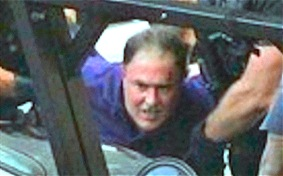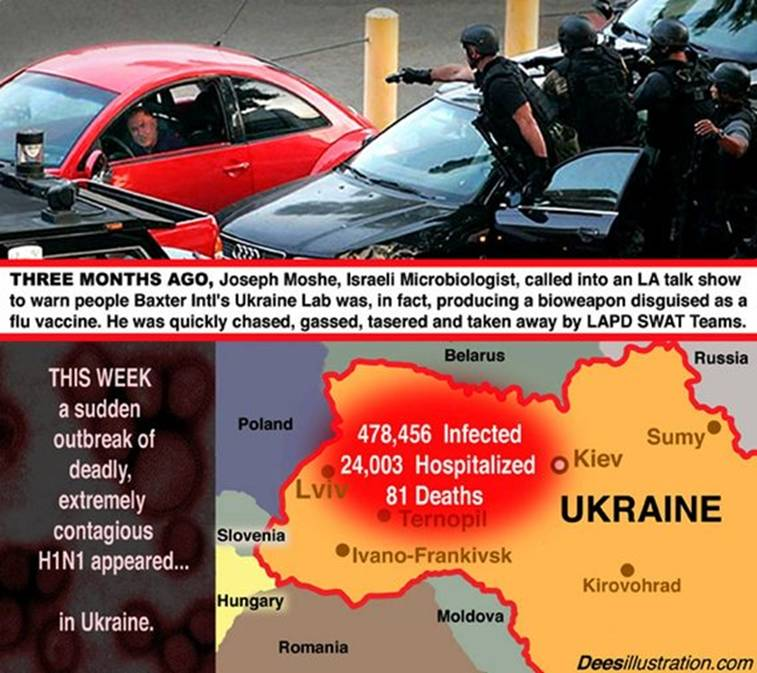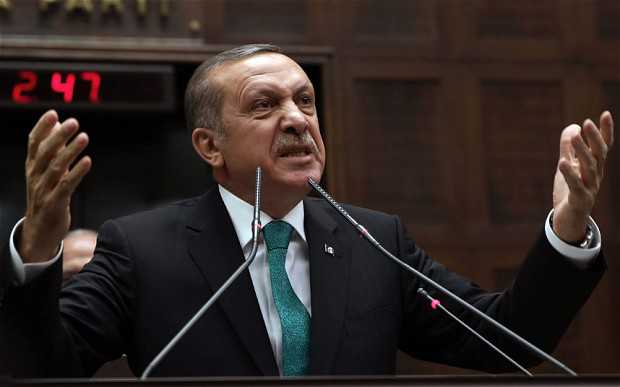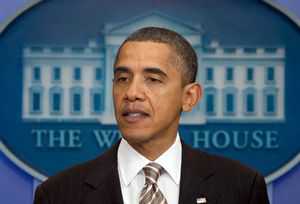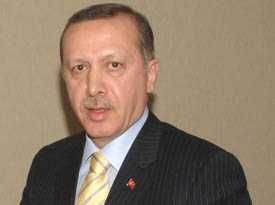By SABRINA TAVERNISE

Published: March 1, 2010
ISTANBUL — The detention of top military officers in Turkey last week was nothing less than a quiet piece of history. The military, long considered untouchable in Turkey, was pushed from its political pedestal with startling finality.

Umit Bektas/Reuters
Prime Minister Recep Tayyip Erdogan, left, and Gen. Ilker Basbug, at a funeral on Sunday, are thought to have good relations.
The moment, years in the making, was more whimper than bang. But it still raises an existential question for this NATO member: What sort of country will Turkey be?
The question goes to the very heart of modern Turkey, a Muslim democracy whose military was a potent force in the country’s political life for most of its 86-year history. Its strictly secular ideology permeated all aspects of public life, including the education system, the judiciary and the bureaucracy. The military, long considered the ultimate guardian of that secularism, has overthrown elected governments to protect it.
Not only has the military been politically defanged, but it has also proved unable or unwilling to fight back. Dozens of officers were detained last week, and several senior ones were arrested. Top military leaders met and managed to produce only a brief statement, never mind a coup.
“What came out of that?” said Baskin Oran, a professor of international relations at Ankara University. “A big nothing. This is finished. Turkey has crossed the border.”
Now the country is shedding its skin, sloughing off an outdated doctrine, but nervous about what will take its place.
“The old ideology is bankrupt, that much we know,” said Soli Ozel, a professor of political science at Bilgi University. “But what are we going to be putting in its stead? How will we filter the world around us? How will we see ourselves?”
Turkey is moving into uncharted territory, causing deep anxiety among millions of secular Turks who fear that the country’s domineering prime minister, Recep Tayyip Erdogan — a former Islamist who won 47 percent of the vote in the last election and now controls many of the country’s institutions — will trample their rights.
That worry deepened Monday, when the Turkish authorities made two more controversial arrests — of an active duty general and a state prosecutor who had investigated Islamic networks, Turkey’s Anatolian News Agency reported.
How Turkey resolves this identity crisis will reverberate well beyond its borders. The country has the second largest army in NATO after the United States. It is strategically placed, with the former Soviet Union to the north and the Middle East to the south. It is a candidate for membership in the European Union. Decades of growth have made it the seventh largest economy in Europe.
Last week’s detentions and arrests capped a month of high political drama that began in January, when a small independent newspaper, Taraf, published what it said were military documents from a 2003 meeting describing preparations for a coup.
The documents were brought in a suitcase, Taraf’s editors said, and included diagrams of two Istanbul mosques that were to have been bombed, creating an emergency that would justify a military takeover.
The military acknowledged that a meeting had taken place, but said that it was focused only on external threats. The army chief vehemently denied plans for bombings or a coup.
Even so, on Monday of last week, the Turkish authorities began detaining military officers and by the end of the week had more than 60 in custody, including two top retired generals.
“Now the army is completely pacified, eliminated as a power from the political scene,” said E. Haldun Solmazturk, a retired general. “Now the military is touchable.”
That is a profound historical change. Modern Turkey was founded in 1923 by an army general, Mustafa Kemal Ataturk, who imposed radical changes in language and habits on a largely illiterate, agrarian society. The military, together with the judiciary and state bureaucracy, wielded immense power, guarding Turkish democracy “as if the country was a perpetually immature child,” said Halil Berktay, a history professor at Sabanci University in Istanbul.
“The military came to acquire a sense of, ‘this is our land, this is our Republic,’ ” he said. It deposed elected governments four times, most recently in 1997.
That role began to change with the rise of Mr. Erdogan, a tough-talking Istanbul mayor representing a rising underclass of religious Turks. He was a confounding mix, from a background of political Islam, but with an agenda of bringing Turkey into the European Union, where his supporters did most of their business.
Although he was despised by the secular establishment, his party, Justice and Development, won a national election in a landslide in 2007.
The election vastly diminished the military’s role in politics, but that was changing anyway. None of the alleged coup plots cited by prosecutors ever came to pass because the top leadership stopped them.
And the fact that the military has not responded to the arrests — which include a sprawling legal proceeding against 200 people that began in 2007 — reflects a leadership that is opposed to intervention. The current chief of the army, Gen. Ilker Basbug, has spoken out against military meddling and is believed to have had good relations with Mr. Erdogan.
But to Mr. Erdogan’s critics, the arrests look suspiciously like raw efforts to silence the opposition. And now that he has control over most of the levers of power — the presidency, the government bureaucracy and Parliament — they worry that his impulses will be unchecked.
Many believe that the police and prosecutors have been hijacked by an Islamic network led by Fetullah Gulen, a Turkish preacher who lives in the United States. Nedim Sener, a journalist who has written a book on the network, said the involvement of Mr. Gulen’s followers was an “open secret.”
A looming fear is that the last remaining institution with any power to oppose him, the judiciary, will soon fall to his Islamic supporters, who are unlikely to be less ideological than their rigidly secular predecessors.
Even those who are happy to see Mr. Erdogan prevail say he is a flawed leader with autocratic tendencies. His biggest critic, Aydin Dogan, a businessman and publisher, was slapped with a giant fine last year, and journalists who work for his newspapers say spunky criticism is dead.
Mr. Ozel, the political scientist, described Mr. Erdogan’s party as “a democratizing force, but not necessarily a democratic one.”
Yildiray Ogur, an editor at Taraf who worked on the exposé that led to last week’s arrests, defended the legal cases, saying today’s Turkey was a slow-motion version of the Soviet Union in 1991, when idols fell and people came out of the woodwork confessing secrets.
For better or worse, Mr. Ozel says, former Islamists like Mr. Erdogan are the only ones engaged in the project of creating a new Turkey, with the secularist party “either incapable or unwilling to be part of the process,” routinely blocking legislation required for European Union membership.
But Mr. Sener fears this new Turkey will exclude people like him. “They say this is about democracy, but it ends up increasing their hold on power,” he said.
Mr. Oran of Ankara University dismisses those fears. Borrowing a thought from Marx, he noted that Mr. Erdogan’s supporters, once Islamist and working class, had grown comfortable, sowing the seeds of the party’s transformation. “It has become bourgeois,” Mr. Oran said. “They will always be Muslims, but they won’t be Islamists.”




